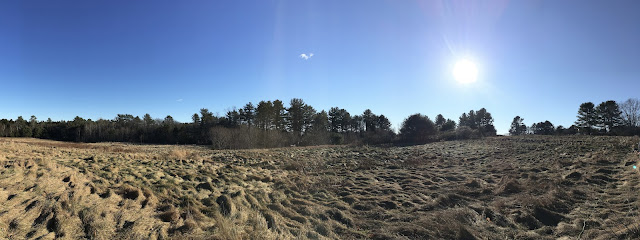i wish i knew you better. though perhaps i did without really knowing it, until now, maybe. until having been compelled to think of you more deeply since your passing last month, which was far too soon. i wish i had carved out more time to be with you. in the same way i wish i could with my own son, i wish i knew your innermost feelings, hopes and dreams. in each case, that will never be. still, i miss you, and the world misses you, too, finnegan.
i think i knew you mostly through knowing your people. like your kin, you had a special kind of pull. like gravity on tides. a vessel's longing for water. a river to open ocean. waves yearning for the shore. and, like your family, you were a poem.
like your mother, my dear friend lucretia, you were generous. blushing. earnest. nurturing. hard-working. beautiful. welcoming. creative. down to earth. maverick.
your father, michael, was in you too. you were gifted. adventuresome. athletic. artistic. handsome. industrious. clever. funny. loyal.
like your siblings, seamus, maeve and daire, you were an old soul from the beginning—wise beyond your years. genuine. kind. humble. pure. accepting. thoughtful. intelligent. insightful. tender. caring. exceptional.
and, yes, you were exacting too.
yesterday, at your memorial, hot apple cider was served in paper cups under a peaked white tent atop a slope. school buses parked aside the field having just shuttled scores of mourners eager to celebrate and remember you. men in woolen shirts and boots gently poured watery rings around the modest bonfires they'd built, the crackling timber turning satin-black and ashy white. smoke and its consoling aroma lingered before dissolving into the chill. as the ceremony got underway, hundreds of folks began streaming downhill toward the podium. from the center of the crowd, i waded crosscurrent hoping to reach the edge, slowly weaving between people as best i could to avoid disturbing the flow.
i stopped alongside a low wire fence flanking a field of windswept grasses. the crowd stood silent on three sides of me, a sea of winter jackets, and hats with fluffy pompoms. there were people of all ages. many of them dear to me, though most of them unknown. as a dozen or so of your closest friends shared stories of knowing and loving you, finnegan, i listened while sometimes gazing out over the pasture. i imagined you running its length as a child. perhaps doing cartwheels and somersaults on days like these. at that moment, the meadow—which just three weeks earlier had been shrouded by a river sky—resembled a vast channel. its tufts of windblown straw appeared as gently rippling rapids, though golden, each wave cresting in the same direction—downstream. thirty minutes on, i glanced back over the field to see the half-moon rising in the southeast. a tiny cloud or two drifted amid the liquid blue sky, the sun nearly kissing the earth as if mother and child. thinking of you, finnegan, i was moved. bowing my head, tears dropped onto soggy reeds beneath my feet as i imagined standing in a river next to you.
at your gathering, a wise, gentle woman said that grief's element is water. i don't know if that's true. but it makes sense to me, finnegan. grief and loss, like water, can knock us down like a breaker in the sea. i know. it can move us and move through us, like a drink. i know. and as tides and rivers are wont to do, grief can bring us somewhere new. i know well that truth; my own river—its headwaters born with calvin—continues. but if anyone had the ability to move others in life and in passing, clearly, finnegan, it was you.







